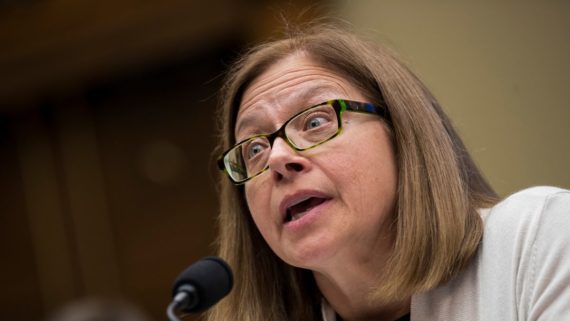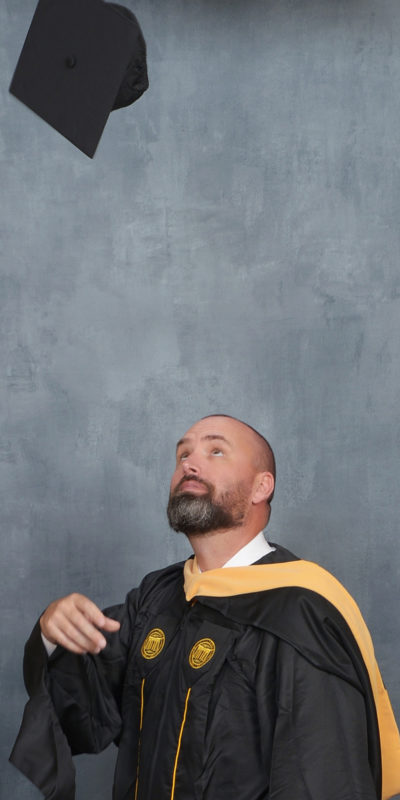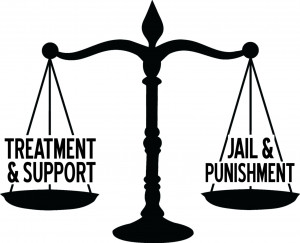
(12-18-20) A group is urging the incoming Biden administration to appoint individuals with lived mental health experiences to leadership positions in the White House and at SAMHSA and reverse changes that Dr. Elinore McCance-Katz has implemented as the first Assistant Secretary of Mental Health and Substance Abuse.
In a policy paper entitled: Back to Better Behavioral Health prepared for the Biden transition team, the group writes:
“The Biden Administration should look to new leadership at SAMHSA that is uniquely skilled to lead the way in helping our nation to heal by implementing evidence-based policies that advance the principles of recovery, resilience, peer support and trauma informed care. For example, people with lived experience of mental illness and trauma should be placed in high leadership roles to bring back meaning and morale to an agency that evidenced “considerable turnover and declining morale’ “
The group proposes creating a new peer position for Behavioral Health inside the White House and elevating “the voice of persons with lived experience and their families (in) all federal federal agencies.” It also wants to strengthen the IMD Exclusion, increase funding for Protection and Advocacy organizations, and restore funding for the Alternatives Conference.
These recommendations would signal a shift in direction – once again – at SAMHSA. If adopted, some would turn back the clock to how the department used to operate.Click to continue…






